Navigating the Canals and Charm: A Comprehensive Guide to the Map of Amsterdam
Related Articles: Navigating the Canals and Charm: A Comprehensive Guide to the Map of Amsterdam
Introduction
With great pleasure, we will explore the intriguing topic related to Navigating the Canals and Charm: A Comprehensive Guide to the Map of Amsterdam. Let’s weave interesting information and offer fresh perspectives to the readers.
Table of Content
Navigating the Canals and Charm: A Comprehensive Guide to the Map of Amsterdam

Amsterdam, the vibrant capital of the Netherlands, is renowned for its picturesque canals, charming architecture, and rich cultural heritage. Understanding the city’s layout is crucial for maximizing your exploration and experiencing its unique character. This comprehensive guide delves into the map of Amsterdam, providing an insightful overview of its key features, historical context, and practical tips for navigating its captivating streets.
A Glimpse into Amsterdam’s Historical Topography
Amsterdam’s map is a reflection of its unique history, shaped by the interplay of water and land. The city’s origins lie in the 13th century, when a small fishing village emerged on the banks of the Amstel River. As trade flourished, the village grew, and its inhabitants began to reclaim land from the surrounding marshes, creating a network of canals that served as vital trade routes and arteries for transportation.
The city’s expansion followed a distinctive pattern, with concentric canals forming a series of rings around the original city center. These canals, known as the "Grachtengordel," are a UNESCO World Heritage Site and a defining feature of Amsterdam’s landscape. The canals are not only aesthetically pleasing but also offer a unique perspective on the city, allowing visitors to explore its hidden corners and admire its architectural beauty from a different vantage point.
Navigating the City: A Map-Based Exploration
The map of Amsterdam is divided into several distinct areas, each possessing its own character and attractions.
-
The Canal Ring (Grachtengordel): This iconic area, a UNESCO World Heritage Site, encompasses the four main canals: the Singel, Herengracht, Keizersgracht, and Prinsengracht. The canals are lined with historic houses, many dating back to the 17th century, showcasing the city’s golden age. The area is a popular destination for leisurely walks, canal cruises, and exploring the city’s vibrant cultural scene.
-
The Jordaan: This charming neighborhood lies west of the Canal Ring and is characterized by its narrow streets, quaint bridges, and vibrant atmosphere. It is known for its independent boutiques, art galleries, and traditional cafes.
-
The Red Light District: Located in the heart of the city, this district is famous for its red-lit windows and tolerance policies. While it may be a curiosity for some, it’s important to approach this area with sensitivity and respect.
-
The Museum Quarter: Home to world-renowned museums like the Rijksmuseum, the Van Gogh Museum, and the Stedelijk Museum, this area is a cultural hub attracting art enthusiasts from around the world.
-
The Nine Streets (De Negen Straatjes): This picturesque shopping district is known for its independent boutiques, antique shops, and charming cafes. It offers a unique shopping experience and a glimpse into Amsterdam’s artistic and design heritage.
-
Vondelpark: This sprawling green oasis in the heart of the city offers a welcome respite from the urban bustle. It’s a popular spot for picnicking, cycling, and enjoying outdoor activities.
Understanding the Map: Key Points for Exploration
-
Public Transportation: Amsterdam has an efficient and well-connected public transportation system, including trams, buses, and metro lines. The map clearly depicts the various routes and stations, making it easy to navigate the city.
-
Cycling: Amsterdam is a cycling city, and bicycles are a popular mode of transportation. The map highlights dedicated cycling paths, making it easy to explore the city on two wheels.
-
Walking: Amsterdam is a very walkable city, and the map provides detailed street layouts, making it easy to navigate on foot.
-
Landmarks and Attractions: The map identifies key landmarks and attractions, making it easy to plan your sightseeing itinerary.
-
Neighborhoods and Districts: The map highlights various neighborhoods and districts, allowing you to explore different aspects of the city’s unique character.
Frequently Asked Questions about the Map of Amsterdam
Q: What is the best way to get around Amsterdam?
A: Amsterdam offers a variety of transportation options, including trams, buses, metro lines, and bicycles. The city is also highly walkable, allowing you to explore its charming streets and hidden corners on foot.
Q: Are there any specific areas that are particularly recommended for sightseeing?
A: The Canal Ring (Grachtengordel) is a must-visit area, offering a glimpse into Amsterdam’s history and architectural beauty. The Museum Quarter is another highlight, home to renowned museums like the Rijksmuseum and the Van Gogh Museum.
Q: What are some of the best places to eat in Amsterdam?
A: Amsterdam offers a diverse culinary scene, with everything from traditional Dutch cuisine to international flavors. The Jordaan neighborhood is known for its charming cafes and restaurants, while the De Pijp area is home to a vibrant food market.
Q: What are some of the best places to shop in Amsterdam?
A: The Nine Streets (De Negen Straatjes) is a popular shopping district, offering a unique selection of independent boutiques, antique shops, and design stores. The Albert Cuyp Market is also a must-visit, offering a vibrant mix of local produce, clothing, and souvenirs.
Tips for Using the Map of Amsterdam
-
Download a digital map: Many apps offer detailed maps of Amsterdam, allowing you to navigate the city with ease.
-
Use a map to plan your itinerary: Plan your sightseeing route based on your interests and the map’s information.
-
Use the map to find nearby amenities: Locate restaurants, cafes, ATMs, and other amenities during your exploration.
-
Don’t be afraid to get lost: Sometimes the most interesting discoveries are made by wandering off the beaten path.
Conclusion
The map of Amsterdam is more than just a guide; it is a key to unlocking the city’s rich history, captivating culture, and unique charm. Whether you’re exploring its iconic canals, strolling through its charming neighborhoods, or indulging in its diverse culinary scene, the map will be your constant companion, providing valuable insights and guiding you towards unforgettable experiences. By understanding the city’s layout and navigating its streets with ease, you can fully immerse yourself in the magic of Amsterdam.
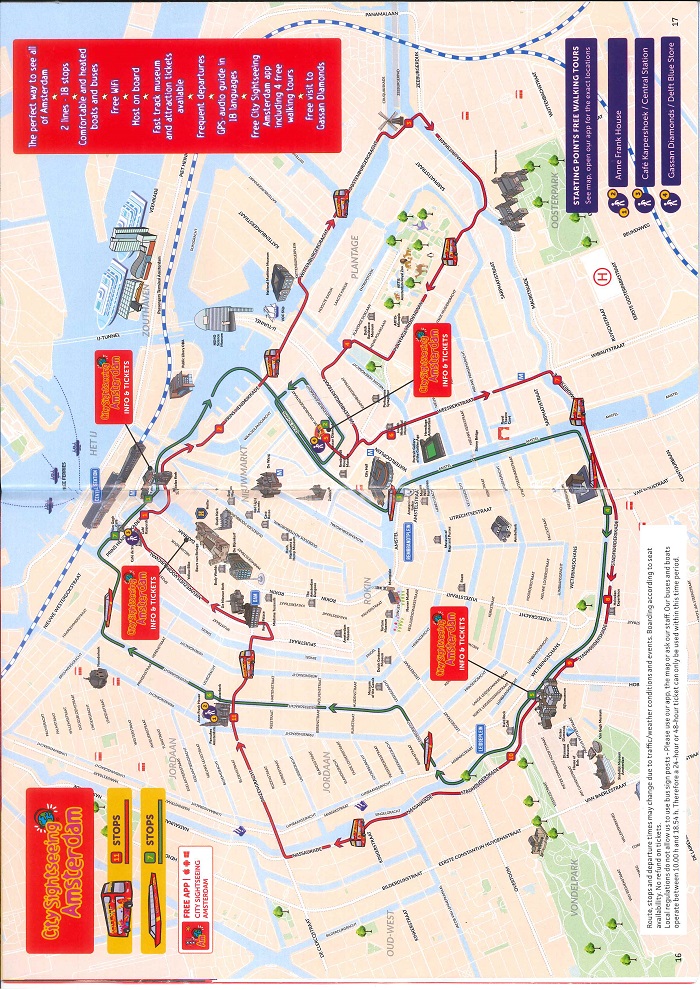
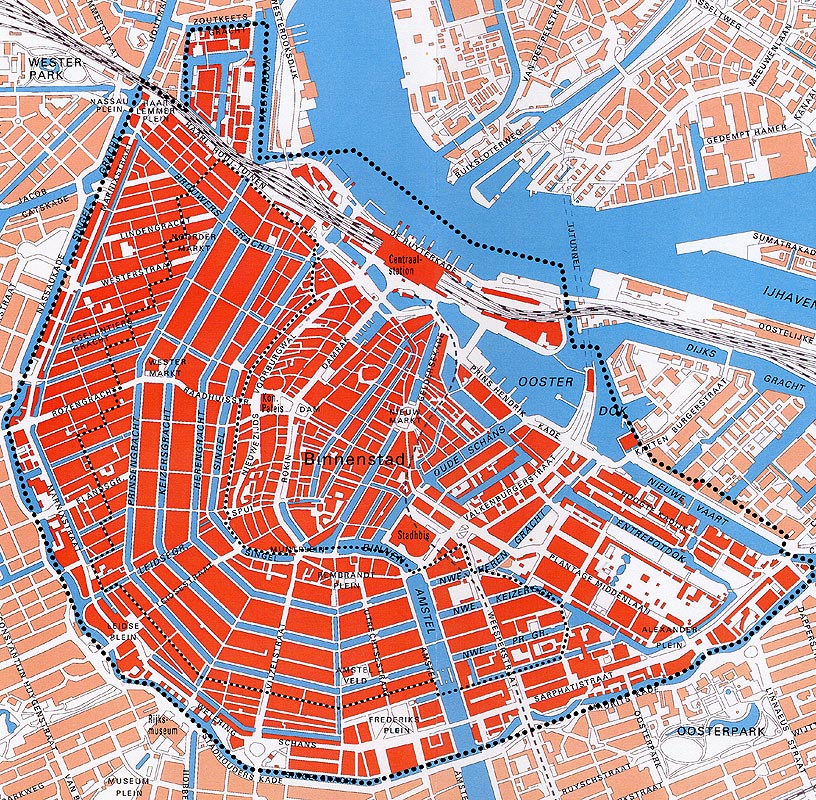
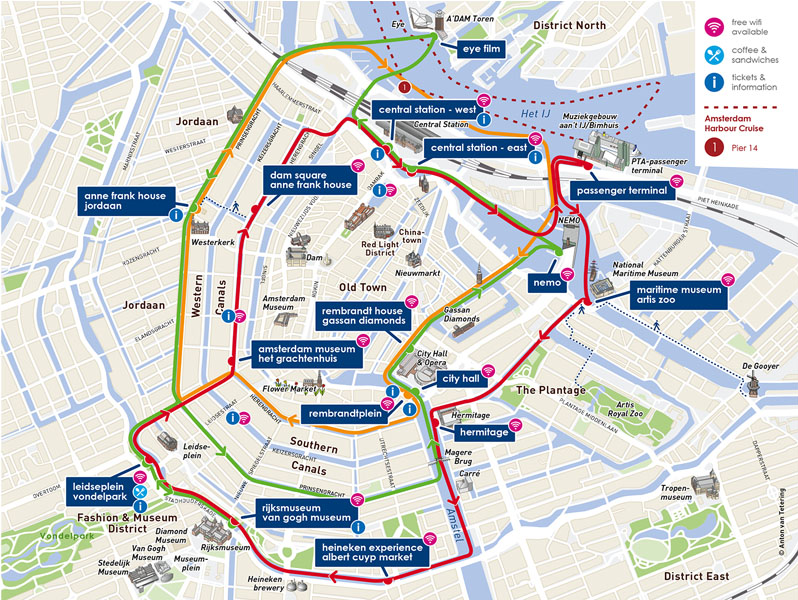
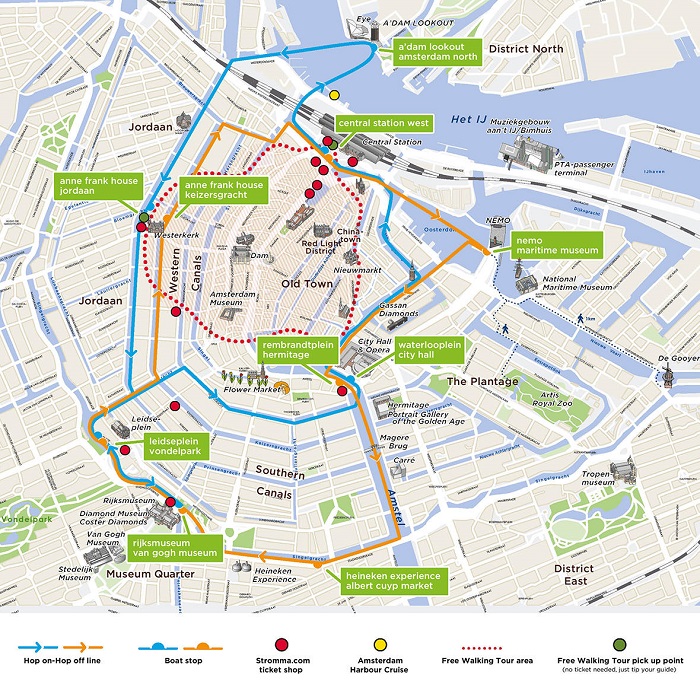


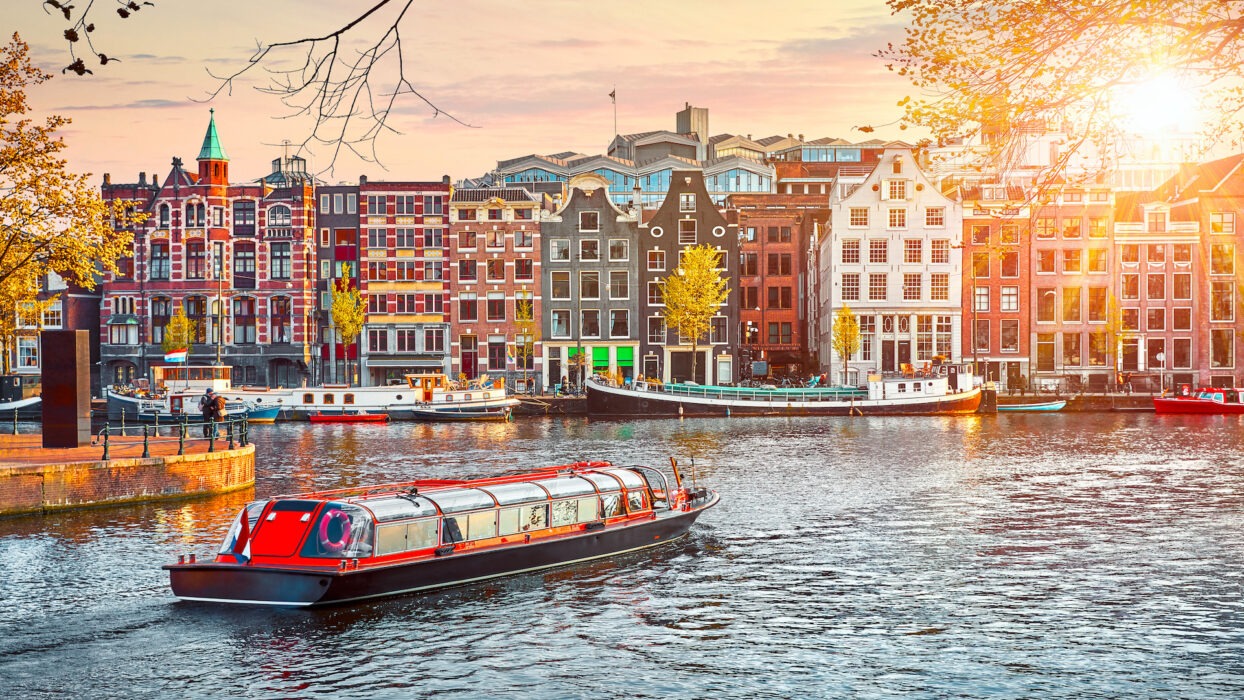
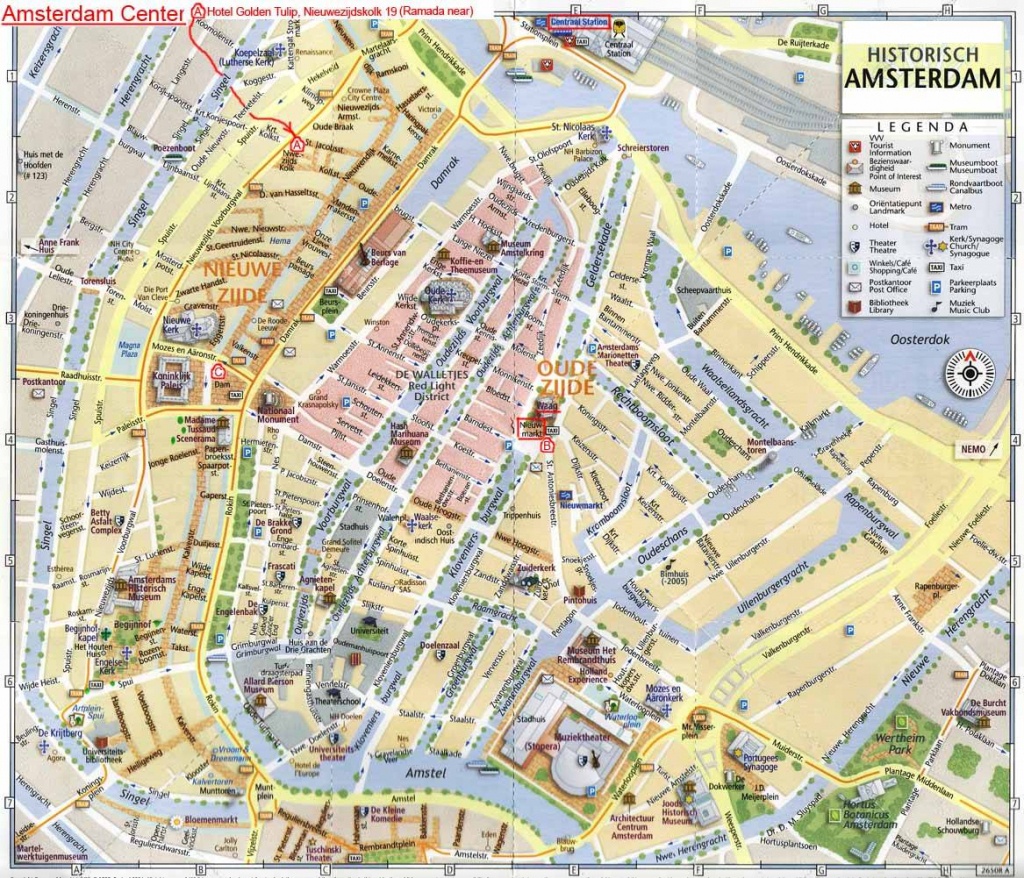
Closure
Thus, we hope this article has provided valuable insights into Navigating the Canals and Charm: A Comprehensive Guide to the Map of Amsterdam. We thank you for taking the time to read this article. See you in our next article!